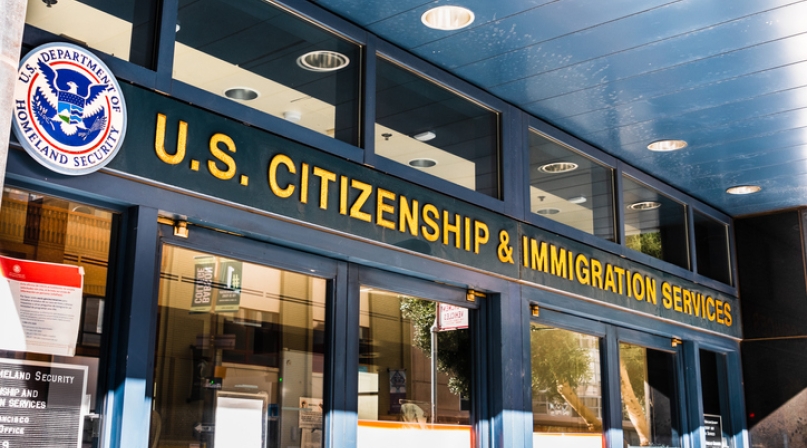DHS publishes final rule on Public Charge definition
Author

Julia Cortina
Upcoming Events
Related News

Key Takeaways
On September 8, the U.S. Department of Homeland Security (DHS) published a final rule to provide clarity and consistency on how the federal government determines whether an individual applying for immigration status meets the definition of a “public charge.” Individuals who apply for temporary admission into the U.S. or for lawful residence can be denied through a public charge determination, meaning that they are believed to likely become primarily dependent on the federal government for subsistence. The new final rule clarifies that several federal health and social service programs cannot be considered in a public charge determination. This final rule is a deviation from the proposed rule that was announced under the Trump Administration.
For several decades prior to 2019, almost all non-cash government benefits, such as Medicaid and housing benefits, were excluded from the public charge consideration. In accordance with the final rule, DHS will not consider the receipt of the following benefits in a public charge test:
- Supplemental Nutrition Assistance Program (SNAP) or other nutrition programs
- Children’s Health Insurance Program (CHIP)
- Child Tax Credit
- Medicaid (other than for long-term institutionalization)
- Assistance through public housing, Housing Choice Vouchers, and Project-Based Rental Assistance (PBRA)
- Any benefits related to immunizations or testing for communicable diseases
- Other supplemental or special-purpose benefits
Additionally, DHS will not consider public benefits that are received on behalf of another family member.
Under the final rule, residents will likely seek healthcare when needed, decreasing the risk of public health outbreaks that can be harmful to communities and costly for counties. Furthermore, by receiving federal funding through established housing assistance programs, counties will be relieved of the costs of assisting noncitizen families who require these services.
The final rule will take effect on December 23, 2022. DHS is also working to develop a policy manual to help United States Citizenship and Immigration Services (USCIS) officers apply this regulation fairly and keep the public informed.
NACo will keep members informed of any updates regarding the implementation of the final rule.
Related News
King County school offers students a route to sobriety
The Interagency Recovery Campus, funded in part by King County, Wash. Behavioral Health and Recovery, fosters an environment to support students' paths to sobriety.

Allegheny County pivots to help ‘economically homeless’
Allegheny County, Pa.'s 500 in 500 initiative aims to create unites of affordable housing in 500 days to help residents leave the shelter system.

Arizona county works to end homelessness, reduce recidivism for formerly incarcerated
Pima County, Ariz. is offering housing and supportive services to its justice-involved population, which had suffered from chronic homelessness and co-occurring disorders.